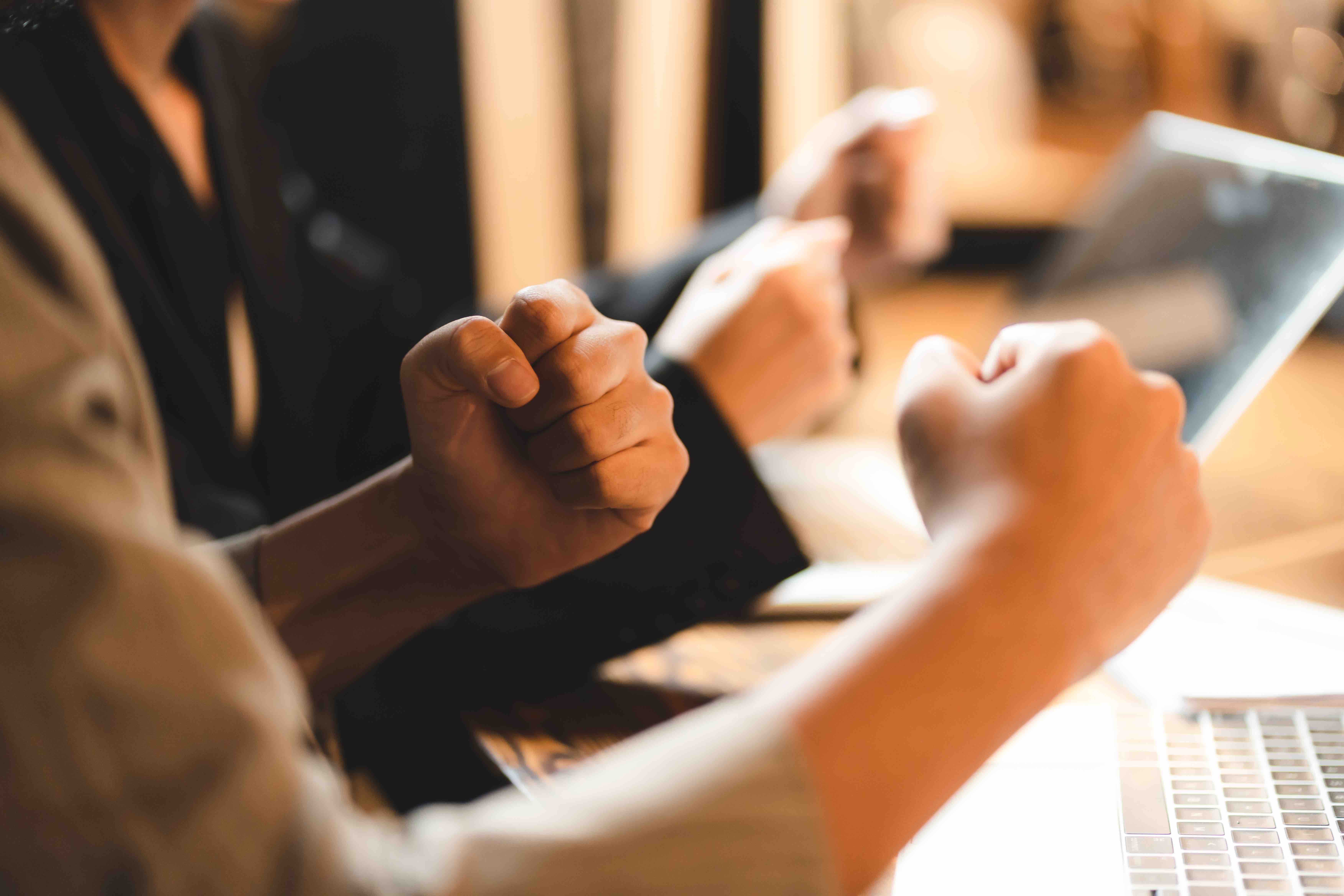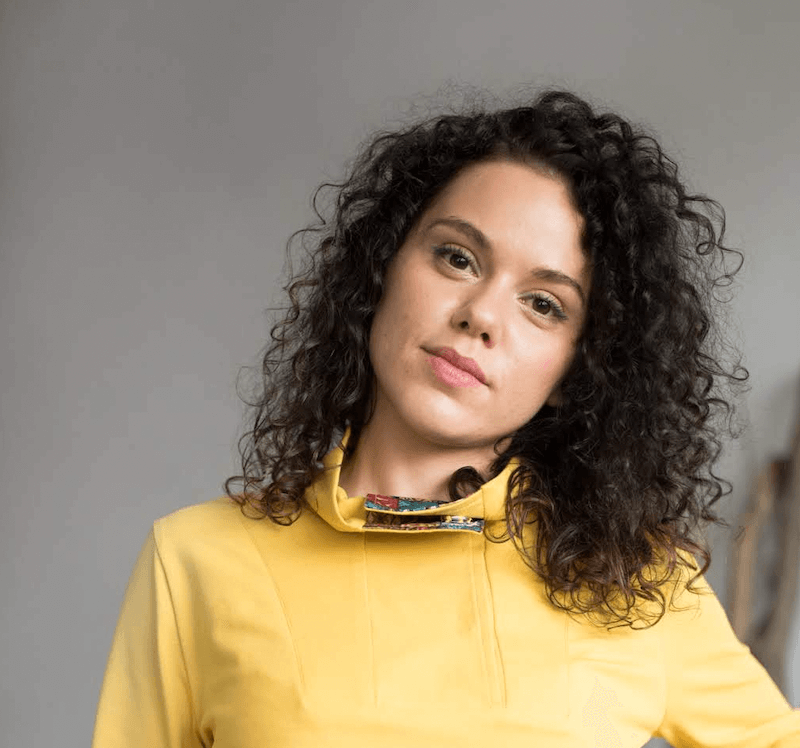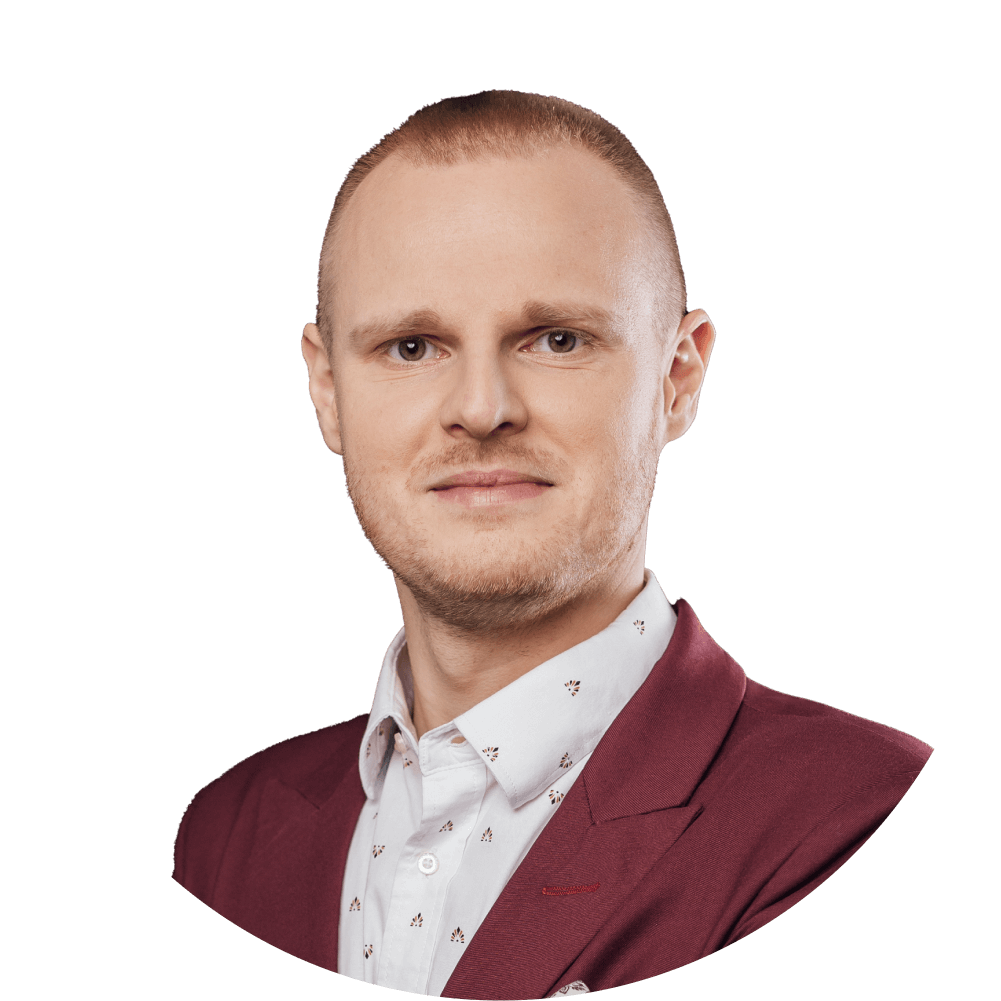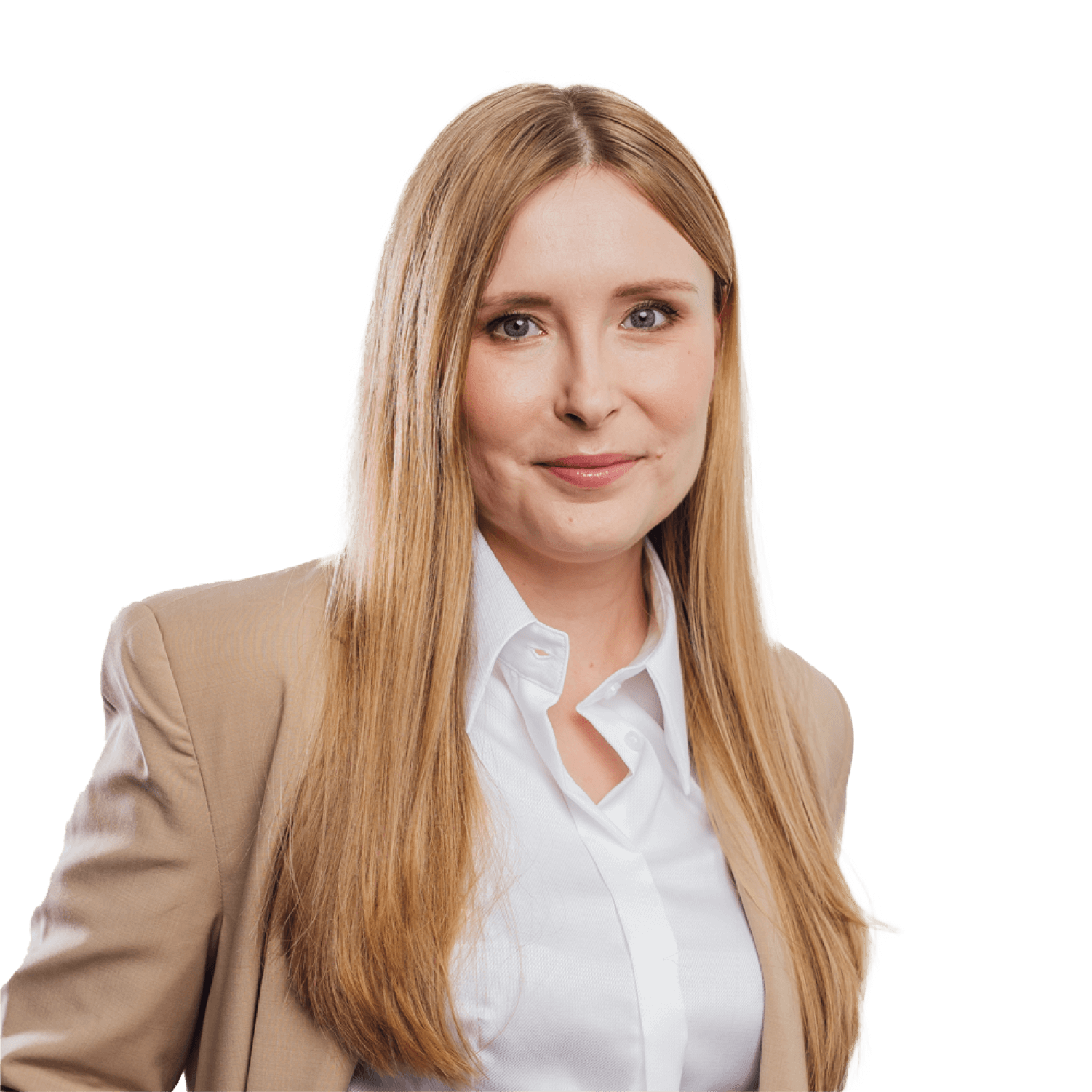We do not need a “perfect” Founder. Here’s why.
Karolina Kondrak
6 min of reading
See what traits of founders we value that do not necessarily tick all the ideal boxes.
Perfection is not only impossible but also untrustworthy. When we ask our potential founder about their weaknesses, we do not want to settle for a nonsense answer about being "too hard-working" or "too detail-oriented". We look for a person who is full-rounded, built of pros and cons, and aware of this fact.
Self-awareness is indeed among the several features that we perceive desirable when looking for a founder. Below you will find more traits that do not, at first glance, do not fit into the list of ideal qualities.
1. A seasoned loser
Probably every successful Founder has had plenty of failures before they ultimately struck it big. For such people, failing is perfectly natural. The question is if they draw lessons and value them as guidelines for what to avoid in next steps.
We even tend to step further and think that a good approach is to redouble efforts when things get tough. It is vital to not lose motivation and to stay full-focused on solving the problem. Great Founders will ideally educate themselves on every single thing that goes wrong and find a way to make great use of this lesson moving forward.

Example: Bill Gates did not immediately rise to the top with Microsoft. His first company, called Traf-O-Data, was an early attempt to use computer data to improve traffic surveys for municipalities. Gates and his partner, Paul Allen, spent countless hours perfecting the hardware and working out all the details. But when it came time to enthuse the county officials who were supposed to be their customers, the machine was a dud.
Gates and Allen were, no doubt, discouraged, but they ended up being better equipped for the real business transformation that was yet to come. Allen reportedly said that Traf-O-Data, even if not a roaring success, was instrumental in preparing them for Microsoft's first product a few years after that. They learned how to simulate the operation of microprocessors with DEC computers, so they were able to develop software even before their machine was built. This experience led to the founding of a software company that has made them both multi-billionaires.
2. Having weaknesses and limitations
The good, old, and very much hated, question about "your greatest weaknesses" may be a nice gauge of a successful founder. We simply do not look for the cliche answers about being too perfect. Chances are, if you ask the most successful founders this question, they may get so talkative that you won't be able to interrupt them.
Good founders know exactly what their weaknesses are, as thanks to that they are able to make the best use of their time and strengths. It also helps to hire the right people who excel at what they are hopeless at. This way their shortcomings do not hinder their own businesses.

3. Not know-it-all
Of course a company founder should be brave, confident and assertive. The problem arises when he/she starts to blindly deny the weaknesses and potential failures of their startup. A successful founder needs to listen to the insights and concerns of others: colleagues, investors, employees or customers.
Unfortunately, it is not uncommon for founders to disregard the words of wisdom and warning from others. Perhaps they fear being perceived as weak if they do not vigorously press onward. This should be a warning sign of potential failure.
If the vision and goal are right, achievable, there is no reason to be apprehensive because of the opinions and observations of others, even those who do not share the same conviction. Founders should be humble enough to listen AND hear.

4. Not self-sustained
The common misconception is that a perfect founder is a leader who is self-reliant and overconfident so that asking for help is the last item on the list of their needs. While the truth is that successful founders act rather contrary to that. They are brave and insistent enough to ask for what is necessary for the overall success.
For example, this might include the startup's financial matters. Downplaying the important aspect of the financial side of a business plan is never a good decision. However, if the founder decides to ask for what they need, it may involve some compromises. If an investor wants to contribute to the future of a given company either via partnership or equity dilution, this will result in further profit sharing. Founders who passionately believe in their project are usually willing to allow others to participate in rewards and risks in the pursuit of success.
Example: There is a retold story of Elon Musk’s struggles he encountered trying to launch his revolutionary electric vehicle, Tesla. It may be hard to imagine now, given his current fortune, that he was going around asking for help with financing his company. By 2008, he had made his fortune and was widely regarded as an eccentric genius. He invested his entire personal fortune in Tesla, and then again he still was lacking the money to produce the car and put it in the hands of consumers. However his conviction and his vision were so powerful that he sought and found investors.

Final Thoughts
It is true that a brilliant idea is important in the success of a startup. However, it is not the only factor. A founder plays a critical role in the success of a startup. The traits of character they bring in may mean a doom or bloom.
Successful founders have personality traits that increase their chances of winning. It is good to be reminded of just how valuable it is to cultivate these, even if they do not necessarily fit, at first sight, into the list of perfect features.
TL;DR
- Good founders are people experienced in failing, who learn their lessons.
- Good founders are not afraid to ask for what they need in pursuit of success.
- Great leaders acknowledge their weaknesses and do not let them hinder the success of their business.
- Successful founders are humble enough to listen to others' insights and are not intimidated by those.


